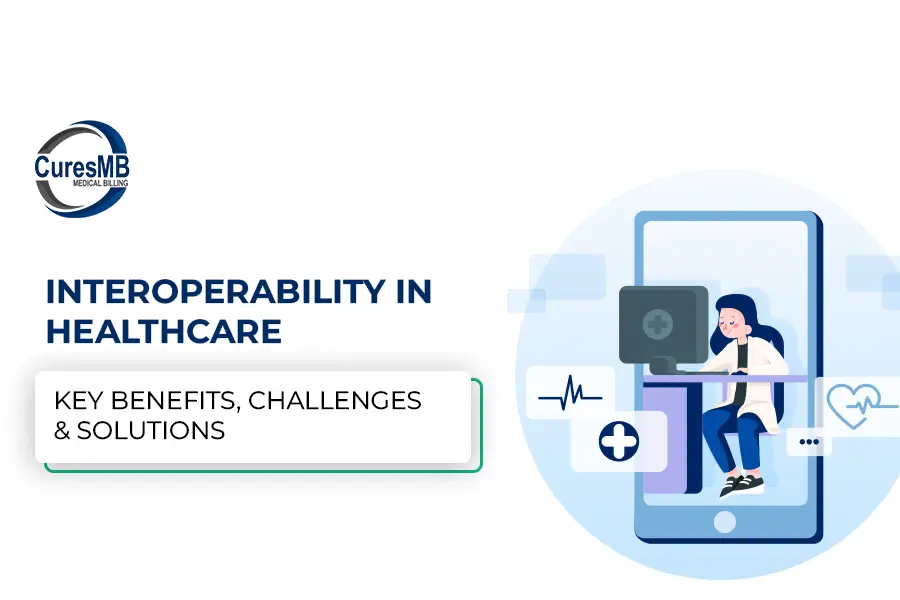
In today’s digital healthcare ecosystem, interoperability in healthcare has become a critical priority.
As more providers adopt electronic health records (EHRs) and digital tools, the ability for systems to communicate, exchange, and use patient data seamlessly is essential for better outcomes and cost efficiency.
Interoperability in healthcare refers to the ability of different healthcare systems, applications, and devices to exchange, interpret, and use data without barriers. It ensures that information flows smoothly between hospitals, clinics, insurers, labs, pharmacies, and patients.
In simple terms, interoperability in healthcare is connected care through data sharing.
Despite progress, challenges remain in achieving true EHR interoperability:
Fill out the form below and we’ll contact you shortly.
Implementing interoperability offers tangible, everyday benefits for both care teams and administrative staff:
Interoperability is no longer optional; it’s the foundation of modern healthcare. By embracing standardized data exchange and overcoming barriers, the industry can unlock a future of connected care, improved outcomes, and empowered patients.
Cures Medical Billing Services helps providers streamline data workflows while staying compliant. Contact us today to discover how interoperability can transform your practice.
Interoperability in healthcare means the ability of different systems, apps, and devices to share and use patient health data seamlessly across providers, payers, and patients.
It ensures better care coordination, reduces duplicate tests, lowers costs, improves research opportunities, and empowers patients to access their own health information.
The four main types are:
The biggest challenges include lack of standardization, data privacy and security concerns, outdated legacy systems, and limited collaboration between healthcare organizations.
They can adopt FHIR standards, upgrade legacy systems, strengthen cybersecurity, and collaborate with networks like the Common Well Health Alliance to enable seamless data exchange.
Discover Cures Medical Billing Services Across Different States
FL
NY
ML
CO
NJ
AZ
TX
CA
WA
We are a team of national medical billing service experts based in Astoria, NY, committed to providing ongoing value to our customers. We leverage technology and implement best practices to provide high-quality and cost-efficient medical billing solutions from domestic locations, enabling customers to achieve their business goals. Cures Medical Billing is the best option for any medical billing needs.
Medical billing around Astoria, NY, and beyond is our core competency and our specialists will efficiently manage all your billing needs. Our medical billing specialists have over 12 Plus years of experience with all security technologies to ensure data integrity for our customers. Using our medical billing service, anyone can make their medical billing task less resource-consuming.
Efficiency & precision in healthcare financial management with Cures Medical Billing, your trusted partner for smarter, faster, and more accurate billing solutions.
This site uses cookies. Read our Privacy Policy